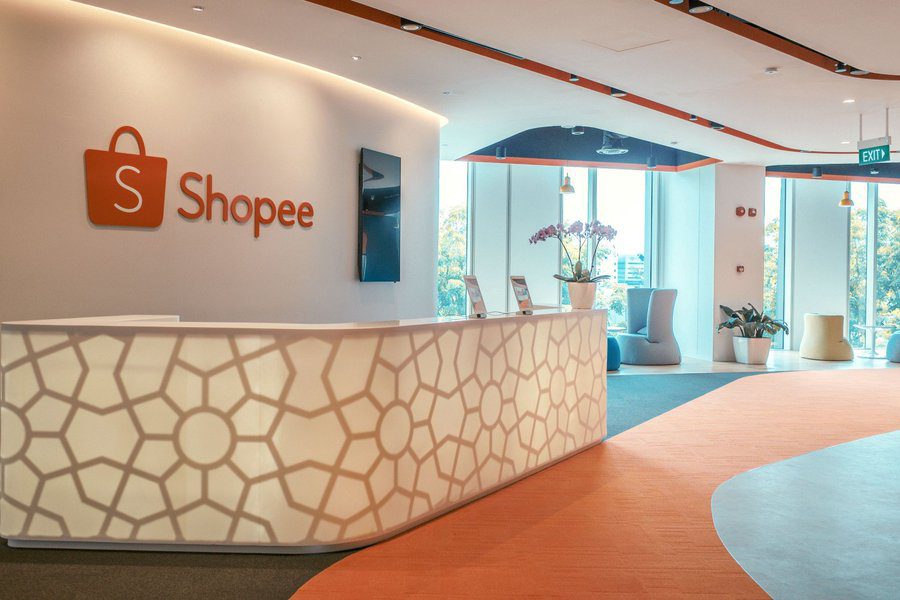Singapore-based tech group Sea will “ramp up” investments in its online shopping business across all markets, the company said Tuesday, as the largest Southeast Asian player faces increasing competition in the region from new rivals like TikTok.
TikTok, the short video platform owned by Chinese tech giant ByteDance, launched the online shopping service TikTok Shop in 2021, starting in Indonesia. TikTok Shop has expanded into other regional markets, where Sea e-commerce unit Shopee, Alibaba-owned Lazada and Indonesia’s Tokopedia have dominated.
During an earnings call Tuesday, Sea Chairman and CEO Forrest Li said the e-commerce scene is undergoing a “growth of diversified user engagement” through live streaming, short videos and affiliate programs with influencers, without specifically naming TikTok.
“Such developments offer us further opportunities to grow and expand our long-term profitable addressable market,” Li said. “Given these positive developments and trends, we have started, and will continue, to ramp up our investments in growing the e-commerce business across our markets.”
The company did not disclose any figures regarding the investments.
Sea’s share price dropped more than 28% at one point in early trading in New York.
Shopee was ahead of TikTok in launching a live streaming function in 2019. The company has renewed its focus on the popular feature and in categories like fashion, health and beauty, which have become TikTok’s stronghold.
Li said a live streaming campaign in Indonesia last month led to transaction volume increasing 12 times higher than the daily average while there was a tenfold increase in buyers.
Chief Corporate Officer Yanjun Wang said the company has “an advantage” in converting buyers’ orders more efficiently with its integrated logistics and payment services.
But Li warned such investments will have an “impact” on its bottom line and “may result in losses for Shopee and our group as a whole in certain periods.” He added that this does not change the company’s focus on self-sufficiency and improving control over costs.
The heated competition comes at a difficult time for Sea, as investors demand clearer direction for profitability after years of heavy losses. Even as Shopee is estimated to take close to half of Southeast Asia’s e-commerce market share, the company is also seeing growth slow after a pandemic-induced boom.
The company on Tuesday posted a net income of USD 330 million for the April-June period, a turnaround from a USD 931 million loss in the same period a year ago. This was the company’s third consecutive quarterly profit.
But its top-line growth has been stagnant, with group revenue expanding just 5.2% on the year to USD 3 billion, a significantly slower gain than the more-than-100% growth seen during the pandemic when the company spent more on promotions. Sales and marketing expenses were cut across all segments, totaling USD 493 million, down 49.3% from a year ago.
By segment, Shopee posted an adjusted EBITDA (earnings before interest, taxes, depreciation and amortization) of USD 150 million, compared with a USD 648 million loss in the same period a year ago. But revenue rose only 32.3% to USD 2.32 billion, the slowest increase on record.
This article first appeared on Nikkei Asia. It has been republished here as part of 36Kr’s ongoing partnership with Nikkei.

